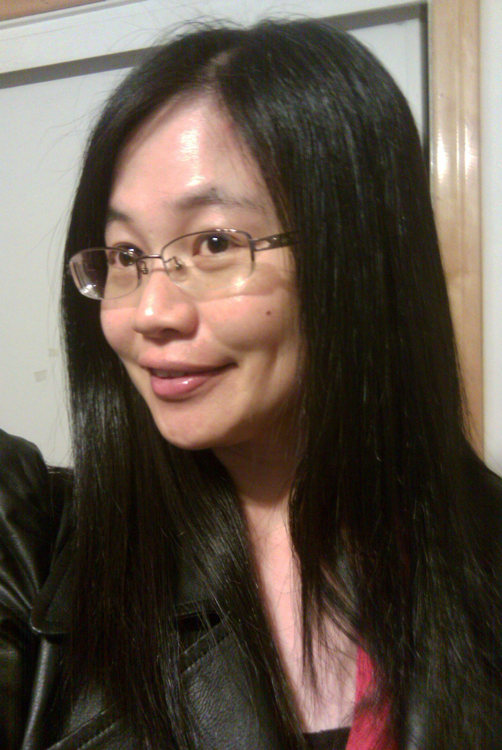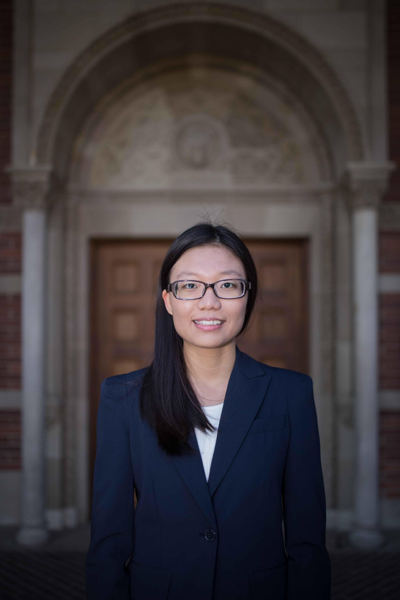Project Two
HEALTHCARE RATIONING AND THE ETHNIC BOUNDARIES OF INDIGENOUS PEOPLE: THE MAKING OF CALIFORNIAN INDIANS, THE AINUS, AND THE MANCHU PEOPLE
This collaborative project seeks to identify the historical factors that established the role of medical policies relating to drawing and enforcing the ethnic and cultural boundaries for indigenous people within the state, and further analyzing such boundaries as to their effect on conditional and/or customized healthcare, especially in preventive medicine. The research specifically looks at three understudied cases, covering part of the northern Pacific Rim from the nineteenth century on, which capture diverse cross-cultural antecedents in this transnational matter. They include the Native Americans in California, the Ainu people in Japan, and the Manchus in China. The project pays special attention to the mechanism on the social and administrative integration of traditional medical knowledge and cultural practices into the making of healthcare policies, and conversely, the execution of healthcare policies in ways that have redefined the indigenous status of these groups.
Project Participant Bios
Chien-Ling Liu Zeleny received her PhD from the Department of History at UCLA in 2016. Her research examines cross-cultural medical encounters between Europe and China in the nineteenth and twentieth centuries, as part of the larger scholarship of world history in connection with contemporary issues in global health. Her article on the Pastorian work in Chengdu, China, in the early twentieth century, was published in Science in Context. She is currently writing a book manuscript based on her dissertation, entitled Relocating Pastorian Medicine: Accommodation and Acclimatization of Medical Practices at the Pasteur Institutes in China, 1899-1951. She teaches history of medicine and history of sciences in modern China at UCLA’s History Department.
Chih Chuan Joyce Kuo is a graduate student at the UCLA International Institute, pursuing her Master’s Degree in East Asian Studies, with a focus on China. She holds her B. A. in History at UCLA. As aspiring historian of late imperial China and human rights advocate, her research interests includes Qing frontier politics and identity formation in Qing China and colonial Taiwan. She has been working on translation projects, including a recent one on the history of Chinese in Southern California.
Tracy Yijia Tong studies Japanese art, intellectual, and cultural history. She received her B.A. in Japanese Studies and Fine Arts from the University of Hong Kong and is expecting her M.A. in East Asian Studies from UCLA. She employs a multilingual and interdisciplinary methodology in her research on the history of medicine in Tokugawa and Meiji Japan. Specifically, she is interested in how the Ranpō physicians took inspirations from both Neo-Confucian vocabularies and the vernacular visual language in order to promote their new medical practices.




